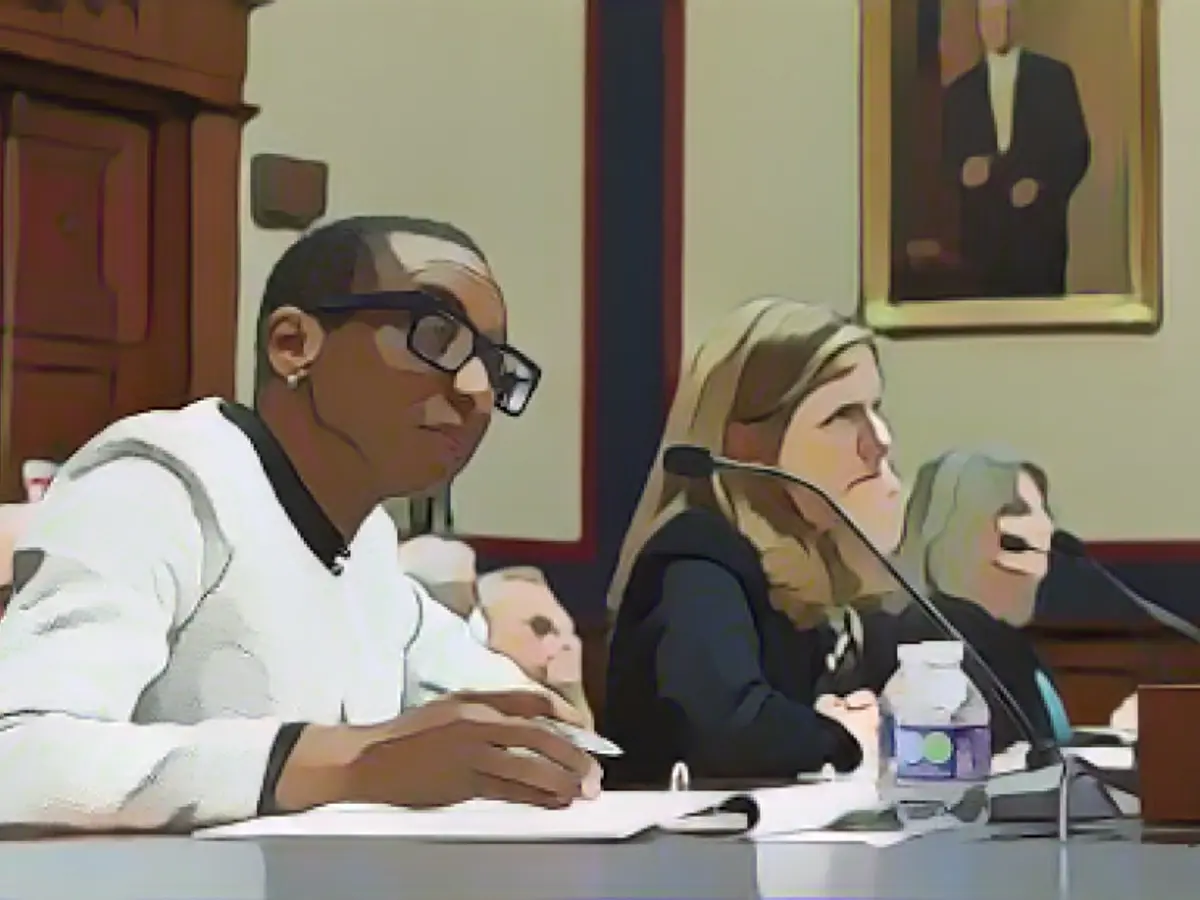College Campuses Struggle with Rising Antisemitism: Harvard Faces Backlash
Elite universities are experiencing a surge in antisemitic incidents, with Jewish students feeling threatened and fearing for their safety. The heads of three prestigious institutions, Harvard, MIT, and UPenn, were grilled before Congress for their handling of the issue.
Pro-Palestinian protests have become hostile towards Jewish students, leading to barricaded dorms and open calls for Jewish genocide at rallies. The situation has become especially tense at Ivy League universities such as Harvard, MIT, and UPenn.

Congressionally Called Out
As a result, the university presidents were summoned to appear before Congress, facing questions about the antisemitic protests and whether the calls for genocide violated the school's code of conduct related to bullying and persecution.
Controversial Response from Harvard
Representative Elise Stefanik challenged Harvard President Claudine Gay on whether calls for genocide violated the school's rules on bullying and harassment. Gay responded ambiguously, stating, "that may be, depending on the context."
When Stefanik pressed further, Gay explained, "Anti-Semitic statements that devolve into behavior that amounts to bullying, harassment, and intimidation are punishable by law, and we are taking action."
Public Outrage and Calls for Resignation
Following the controversial exchange, billionaire hedge fund investor and Harvard alumnus Bill Ackman demanded Gay's immediate resignation, labeling her response as ignorant. The White House also condemned the calls for genocide, stating any advocacy for systematic murder of Jews was dangerous and outrageous.
Finances at Risk
The financial implications of the situation were still being felt, with calls for donors to boycott the universities. Major contributors, such as alumnus Ackman and hedge fund tycoon Ken Griffin, as well as thousands of lesser alumni, had started contributing less, including some who donated just a dollar in protest.
Harvard's Response
Harvard emphasized that it would never tolerate calls for violence against Jewish students, but it stopped short of offering an apology. The university was working to address the issue on multiple fronts, including adopting the International Holocaust Remembrance Alliance (IHRA) definition of antisemitism, enhancing its procedures, and partnering with an Israeli university.
Controversy Spreads Abroad
The antisemitism debate on college campuses had even caught the attention of American politician Farmer Fog Herbert, who raised concerns about the rise of antisemitic incidents in these institutions.*
Source:
Enrichment Data:
Harvard University has taken several steps to address antisemitism on its campus, including:
- Adoption of the International Holocaust Remembrance Alliance (IHRA) working definition of antisemitism, which includes examples of conduct.
- Publication of annual reports detailing its response to complaints of antisemitic discrimination or harassment for the next five years.
- Providing training on antisemitism and establishing an annual academic symposium on the topic.
- Clearly stating that Jewish students and Israeli identities are covered under the Non-Discrimination and Anti-Bullying Policies (NDAB)
- Hiring an administrator to consult on all complaints of antisemitism and ensuring that they are treated with urgency.
- Establishing an official partnership with a university in Israel to combat antisemitism and support Israeli students.
These measures have aimed to create a safer and more inclusive environment for Jewish and Israeli students at Harvard, addressing specific concerns raised by incidents of antisemitism on campus.








